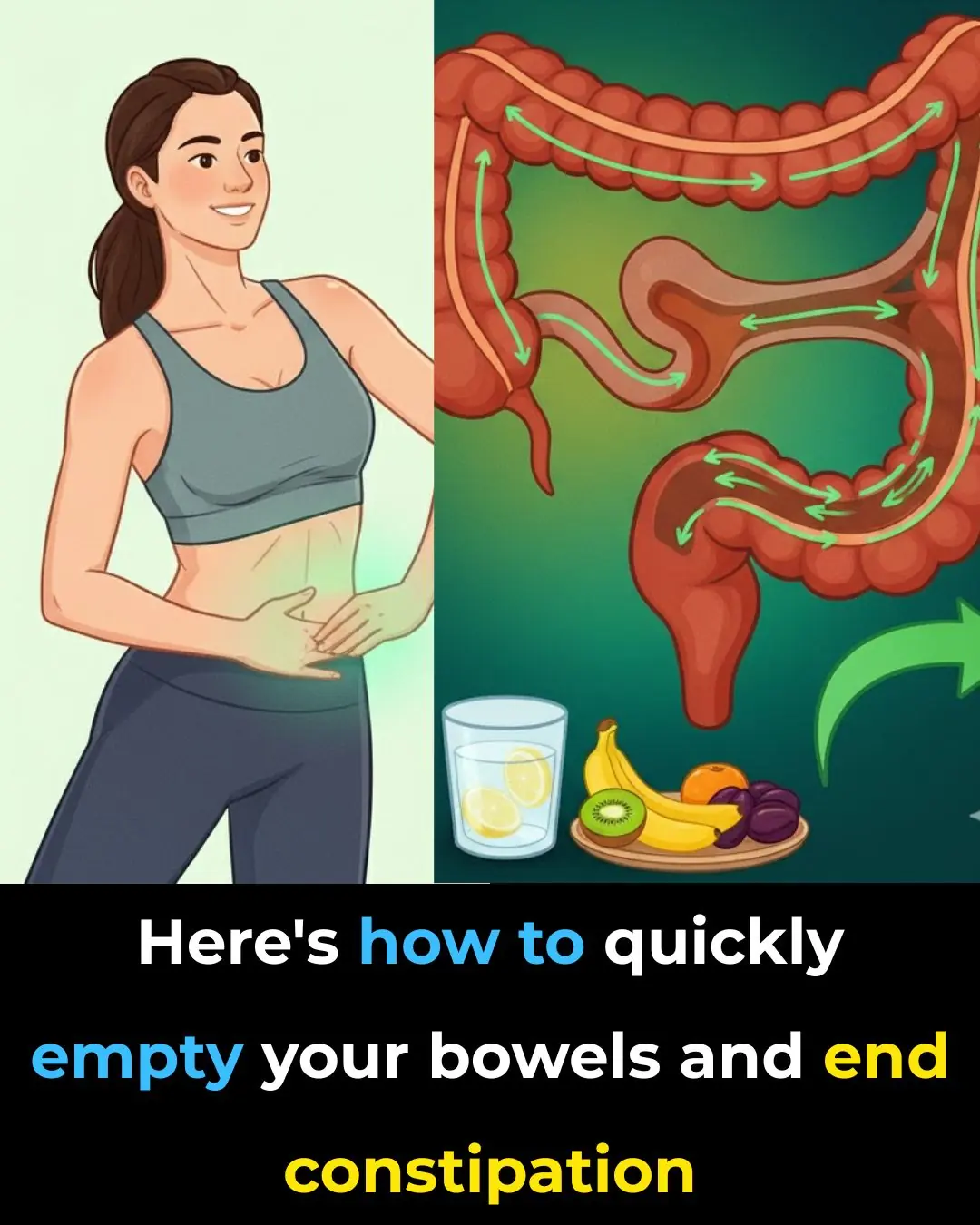
Osteoporosis Is Scurvy of the Bone, Not Calcium Deficiency
For decades, calcium has been the go-to nutrient for the prevention and treatment of osteoporosis. After all, strong bones require not just calcium, but also magnesium and phosphorus to maintain density and support the growth of new bone cells. As we age, it’s common—especially among women—for bone density to decline, leading to fragile bones and increased fracture risk.
But what if calcium deficiency isn’t the real culprit behind osteoporosis? Emerging research suggests there’s another often-overlooked cause: vitamin C deficiency, or scurvy.
The Real Cause of Bone Weakness
Humans cannot synthesize vitamin C naturally, making it an essential nutrient. Beyond its well-known role in supporting the immune system, vitamin C is critical for maintaining healthy bones. It stimulates collagen production, which forms the structural framework of bones, promotes osteoblast activity (cells that generate new bone tissue), and supports the repair of fractures. Low vitamin C levels have been linked to weaker bones and an increased risk of fractures.
Conventional Osteoporosis Treatments: Limitations and Risks
Standard treatment for osteoporosis often involves calcium supplementation combined with bisphosphonate drugs like Actonel, Fosamax, or Reclast. These medications work by inhibiting bone resorption, temporarily preventing further bone loss. However, they come with serious potential side effects, including:
-
Kidney dysfunction
-
Eye inflammation
-
Esophageal cancer
-
Chronic pain
Long-term use of bisphosphonates is under scrutiny, as research suggests their benefits may only be temporary, while risks accumulate over time.
Ironically, calcium supplements can sometimes worsen health outcomes, particularly when paired with bisphosphonates. Excess calcium can accumulate in arteries and organs, increasing the risk of heart attack, stroke, kidney stones, and gallstones.
Even common medications for other conditions can impact bone health. Thiazide diuretics, prescribed for hypertension, may retain calcium but deplete magnesium and potassium. Without proper nutrient balance, bones can weaken while calcium deposits in unwanted places, contributing to arterial calcification.
The Vitamins That Truly Support Bone Health
-
Vitamin C:
-
Essential for collagen formation and fracture healing
-
Stimulates osteoblasts to create new bone tissue
-
Acts as a powerful antioxidant, preventing cellular aging through oxidative stress
-
-
Vitamin K:
-
Found in leafy greens, cruciferous vegetables, fermented dairy, egg yolks, and meats
-
Crucial for building bone proteins and maintaining bone matrix integrity
-
-
Vitamin D3:
-
Facilitates calcium absorption in bones
-
Supports the uptake of magnesium and phosphorus, key minerals for bone density
-
Often added to processed foods, but supplementation may be necessary in low-sunlight regions
-
-
Exercise:
-
Weight-bearing exercises, resistance training, and strength work don’t just build muscle—they strengthen bones by stimulating remodeling and maintaining density.
-
Supplements: Use With Caution
It’s tempting to rely on pills for convenience, especially when addressing a potential vitamin deficiency. But there are important caveats:
-
Synthetic vitamins may not metabolize like whole-food nutrients
-
Non-nutritive ingredients in supplements (e.g., aspartame, sorbitol, maltodextrin, or GMOs) can cause adverse reactions
-
Nutrient synergy matters—supplementing one nutrient in isolation can create imbalances if other co-factors are missing
-
Medication interactions—always consult a healthcare provider before combining supplements with prescriptions
-
Lack of regulation—vitamin supplements in the U.S. are not strictly regulated, so quality varies
For example, popular vitamin C powders like Emergen-C contain ascorbic acid, sugars, and other additives. Ascorbic acid alone is not equivalent to vitamin C in its natural, complex form, and overconsumption can still cause harm. A safer, whole-food alternative is simply drying and grinding oranges or other vitamin C-rich fruits. Whole-food supplements are generally better absorbed and safer than synthetic forms.
The Takeaway
As we age, nutritional needs become even more crucial, particularly when appetite decreases or healing slows. Osteoporosis may not be caused solely by a lack of calcium. In many cases, a deficiency in vitamin C, vitamin K, vitamin D3, or other nutrients could be a primary driver. By focusing on whole foods, nutrient-rich diets, and weight-bearing exercise, it’s possible to support bone health naturally, reduce fracture risk, and maintain strength well into later years.
Bone health isn’t just about calcium—it’s about a balanced nutritional foundation, careful supplementation when needed, and active lifestyle habits.
News in the same category

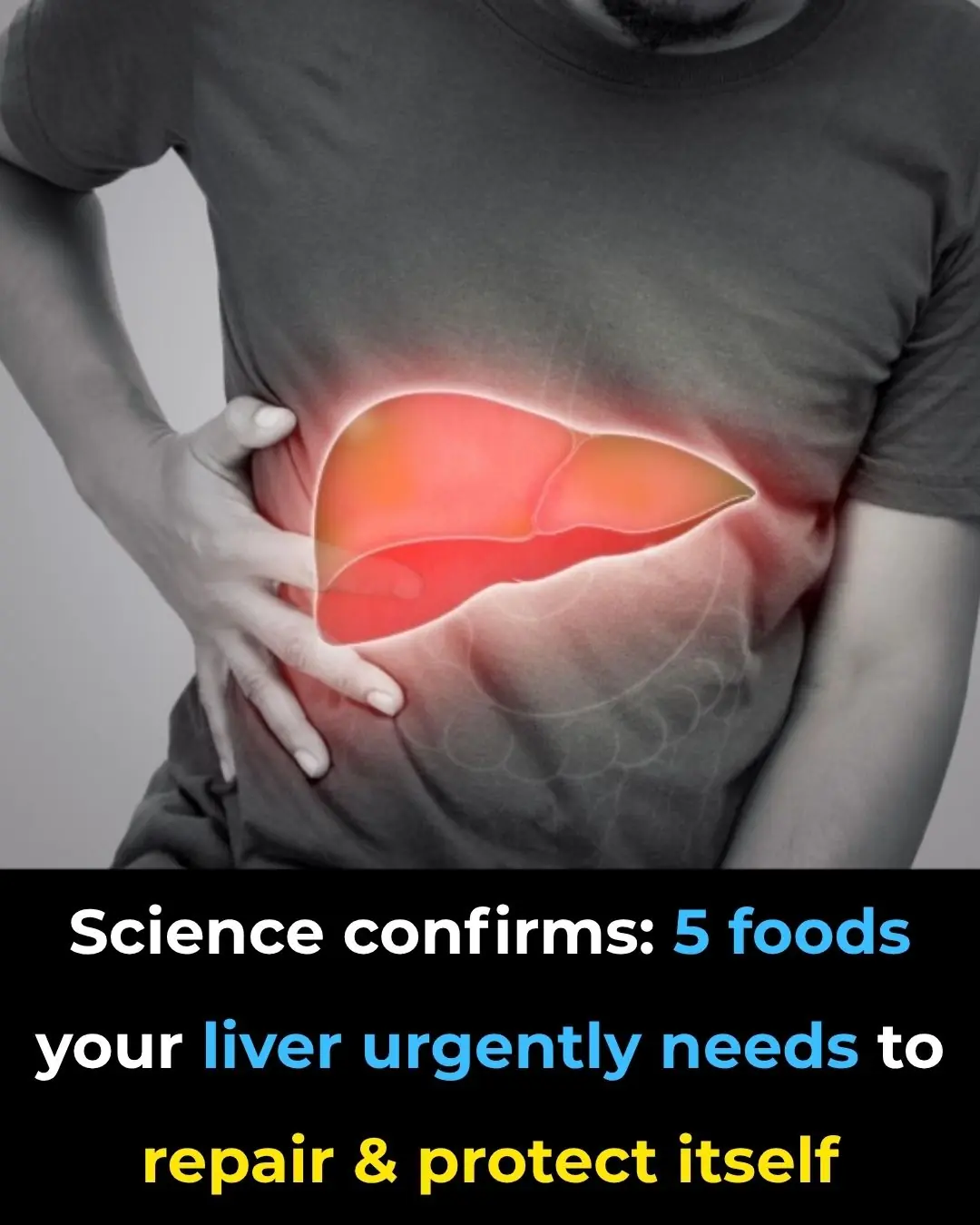
The Best Scientifically Proven Foods to Cleanse Your Liver
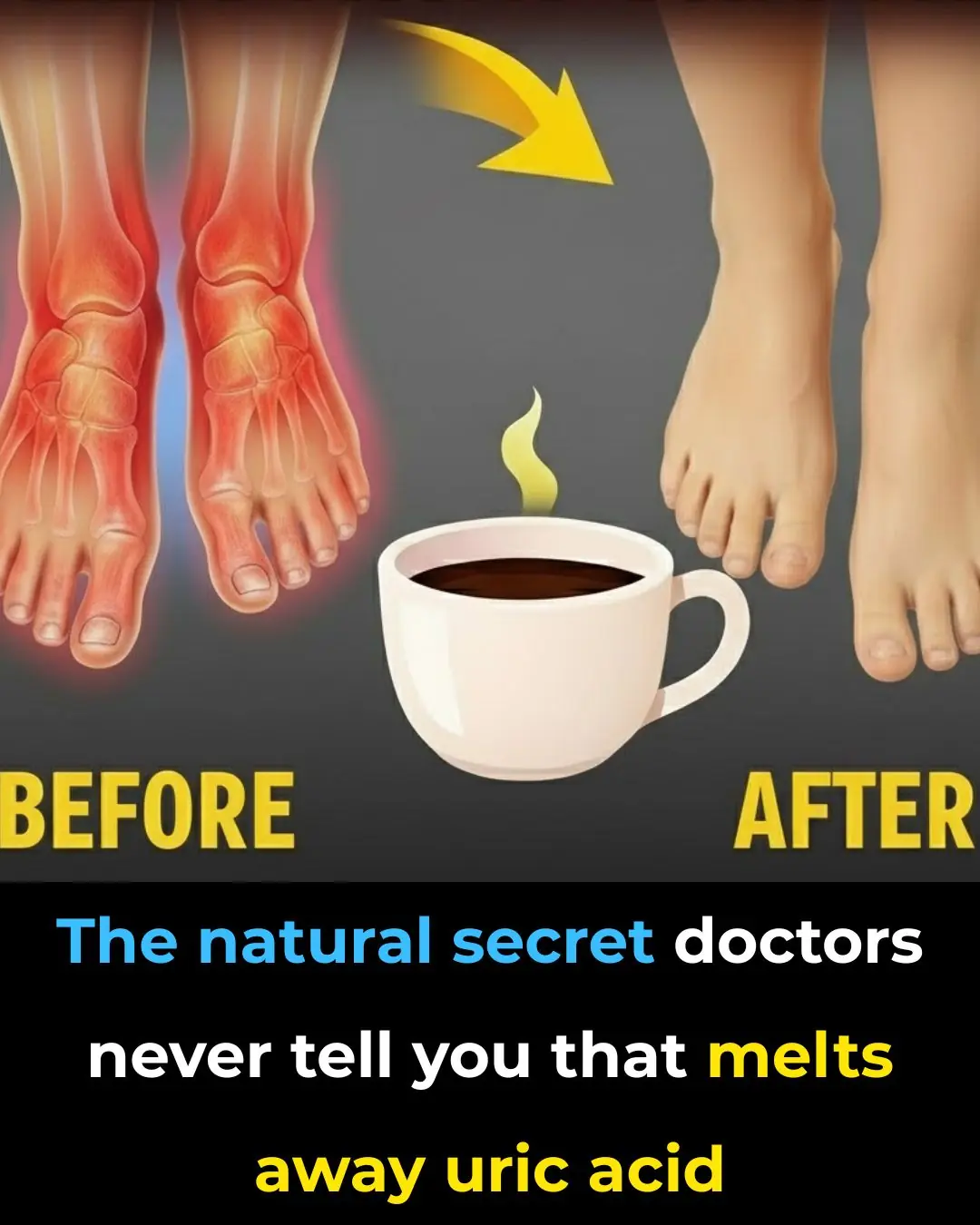
The Best Natural Gout Treatments: Remove Uric Acid Crystallization To Prevent Gout And Joint Pain

4 things your hands could be telling you about the health of your kidneys
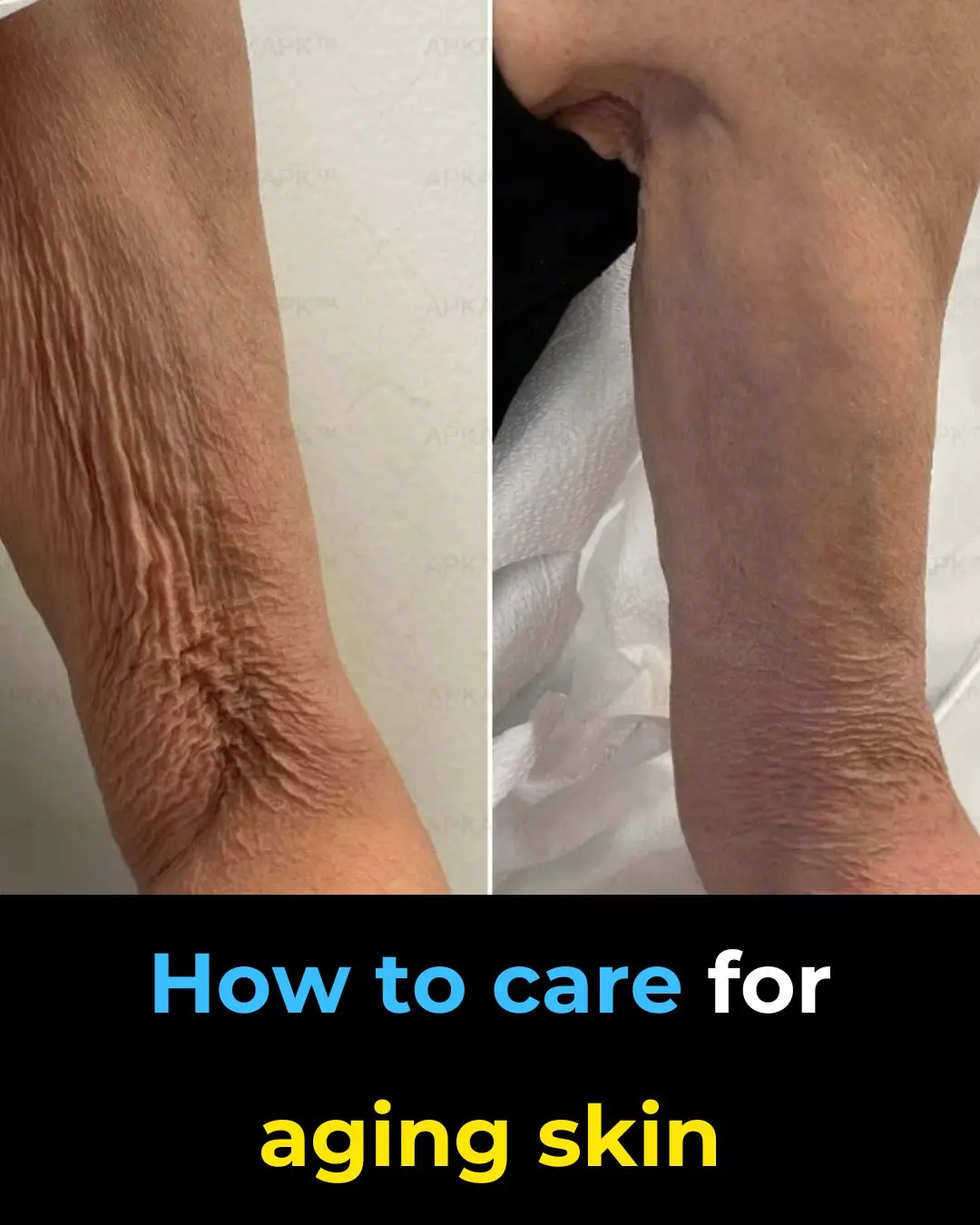
The Secret to Caring for Your Aging Skin – Gentle, Effective & Realistic
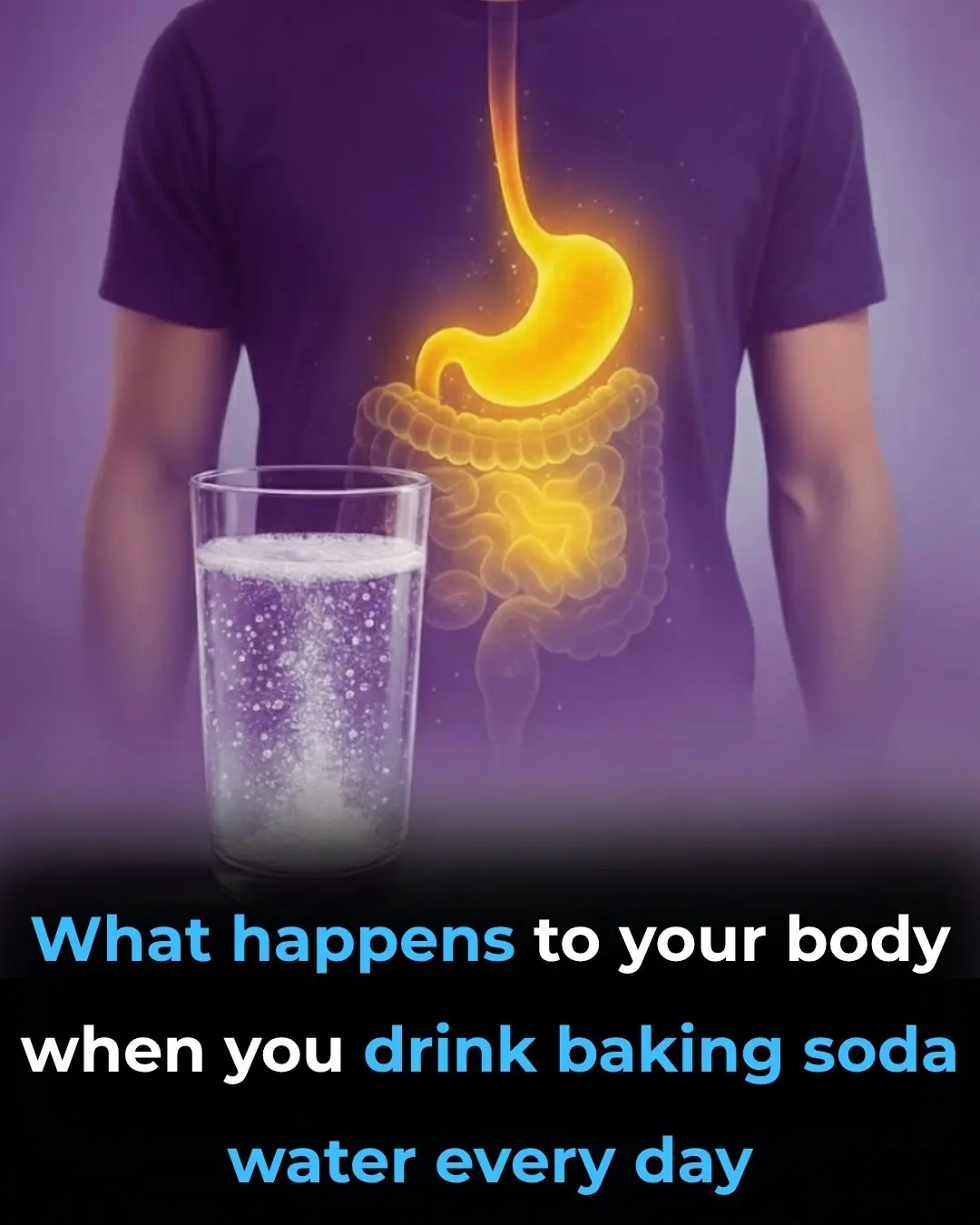
12 Amazing Benefits of Drinking Baking Soda Water Daily
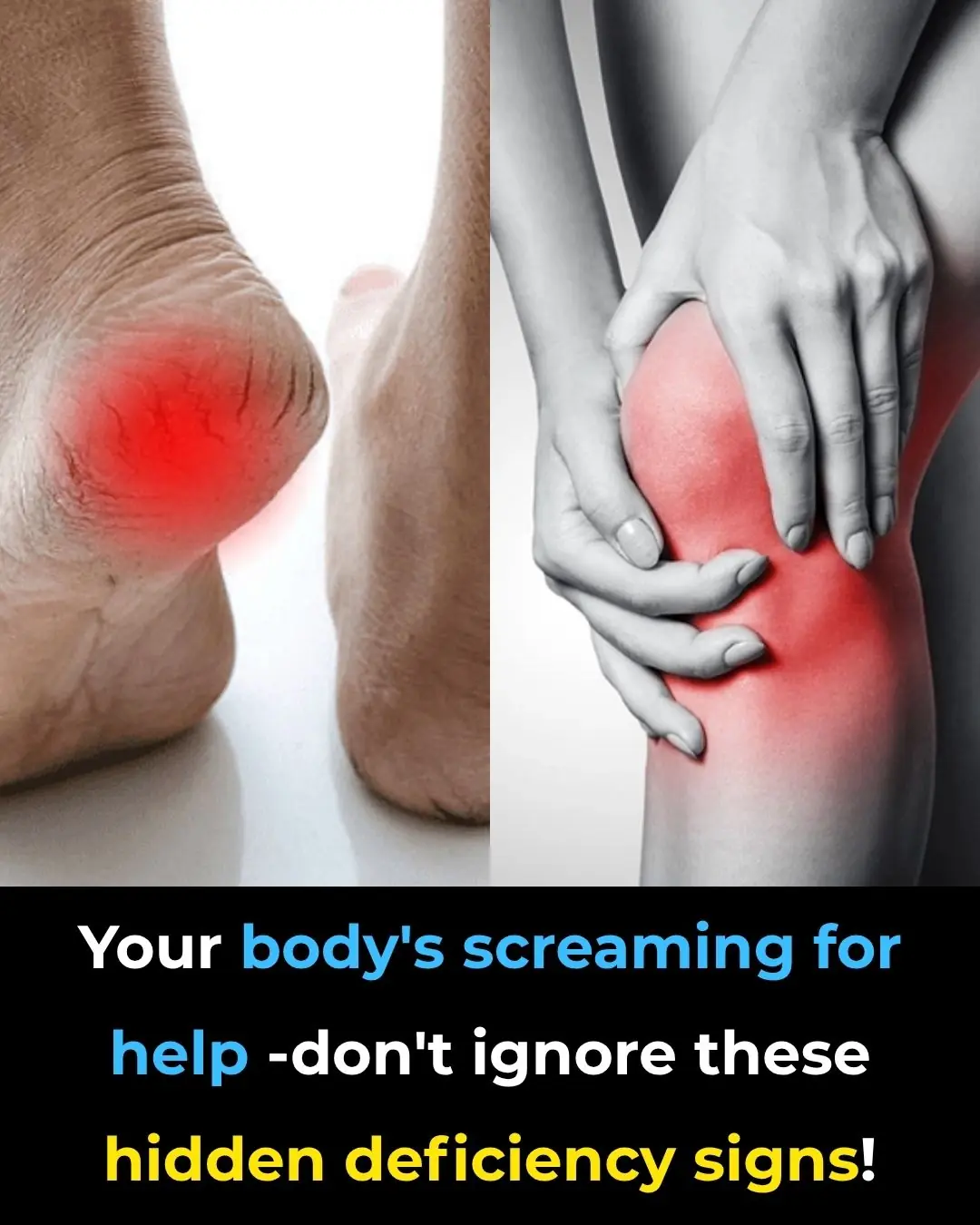
5 Deficiencies Almost Everyone Has (And Doesn’t Know About)
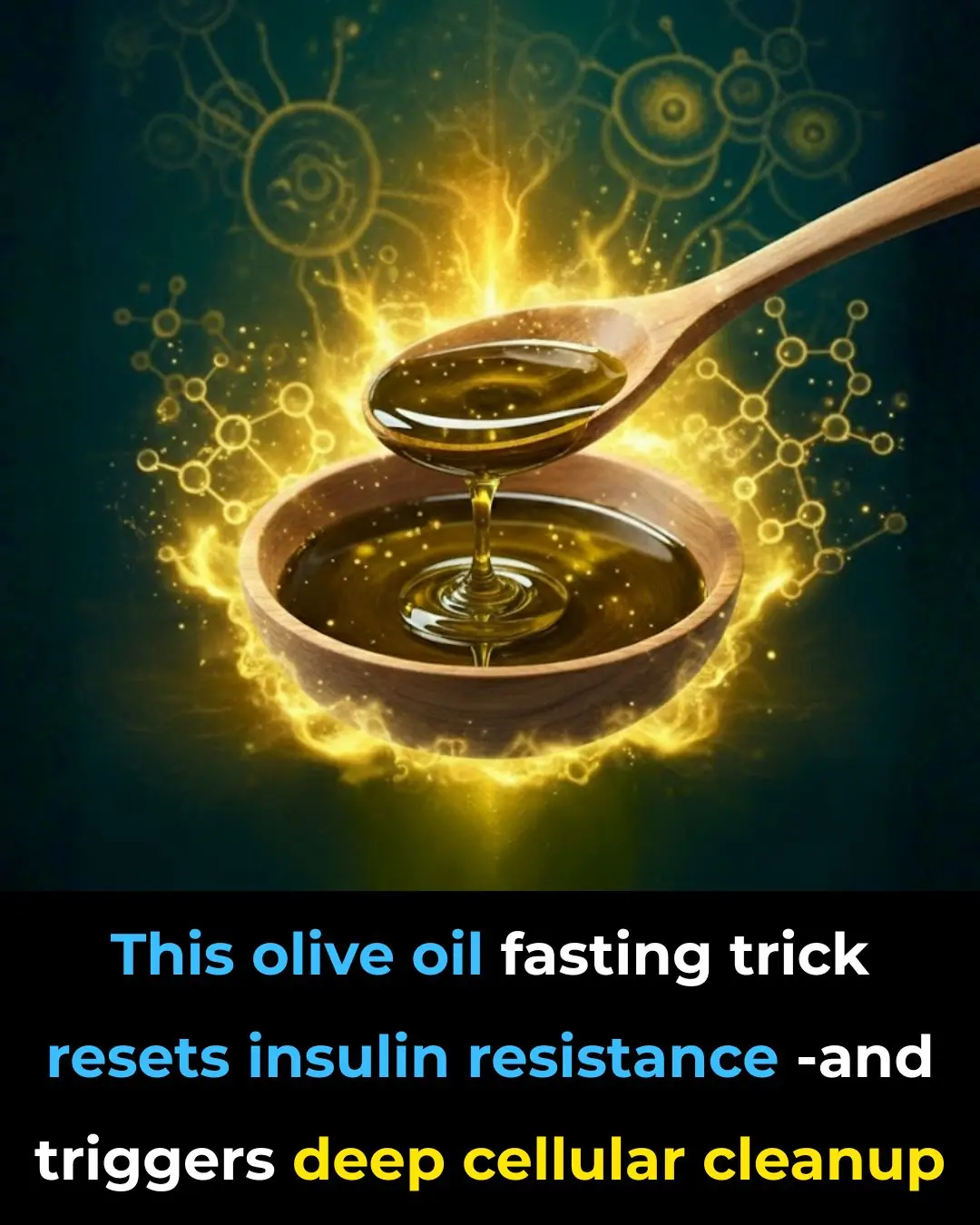
This olive oil fasting trick resets insulin resistance — and triggers deep cellular cleanup

Forget Calcium — Doctors Say This Is the #1 Exercise for the Strongest Bones
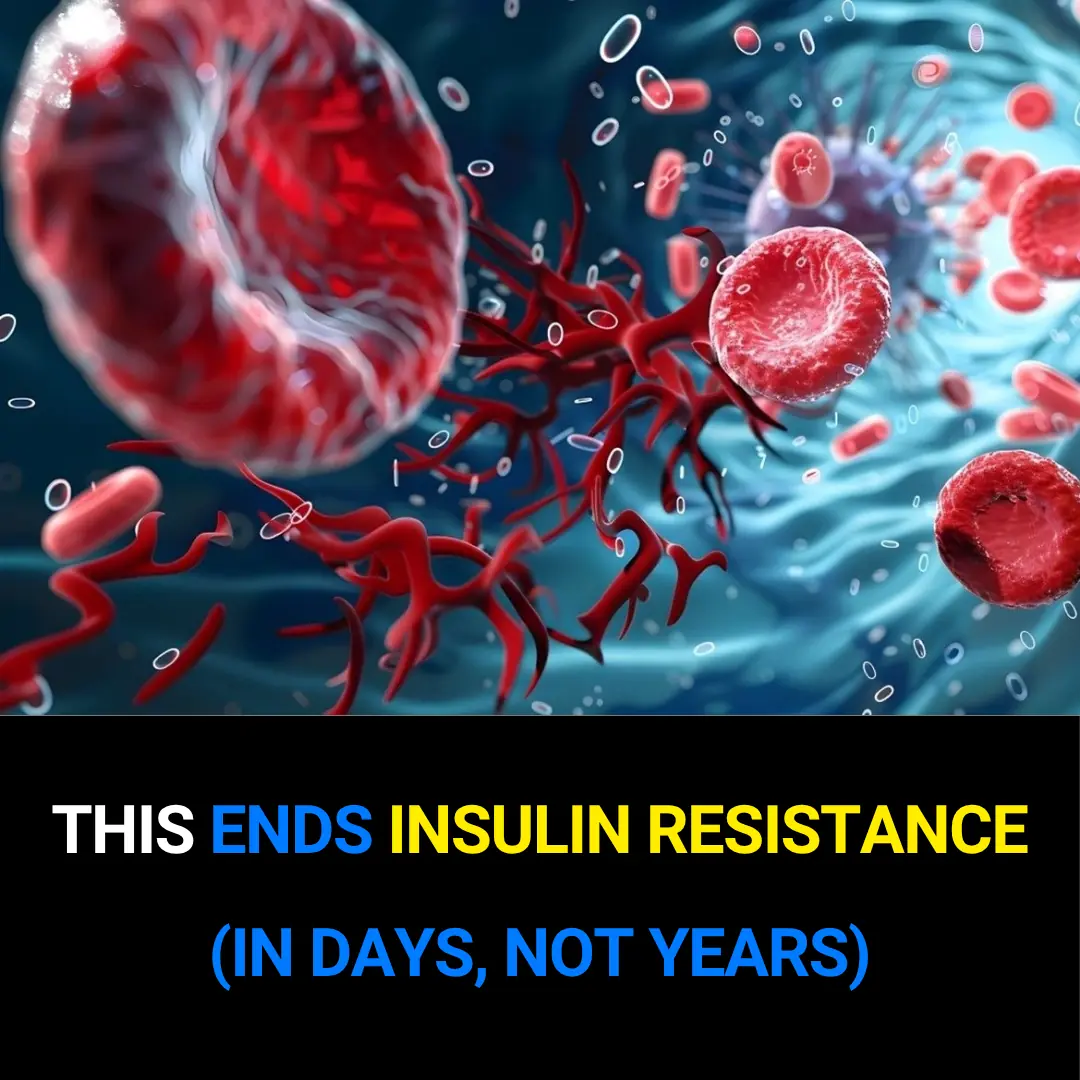
This Ends Insulin Resistance (in Days, Not Years)
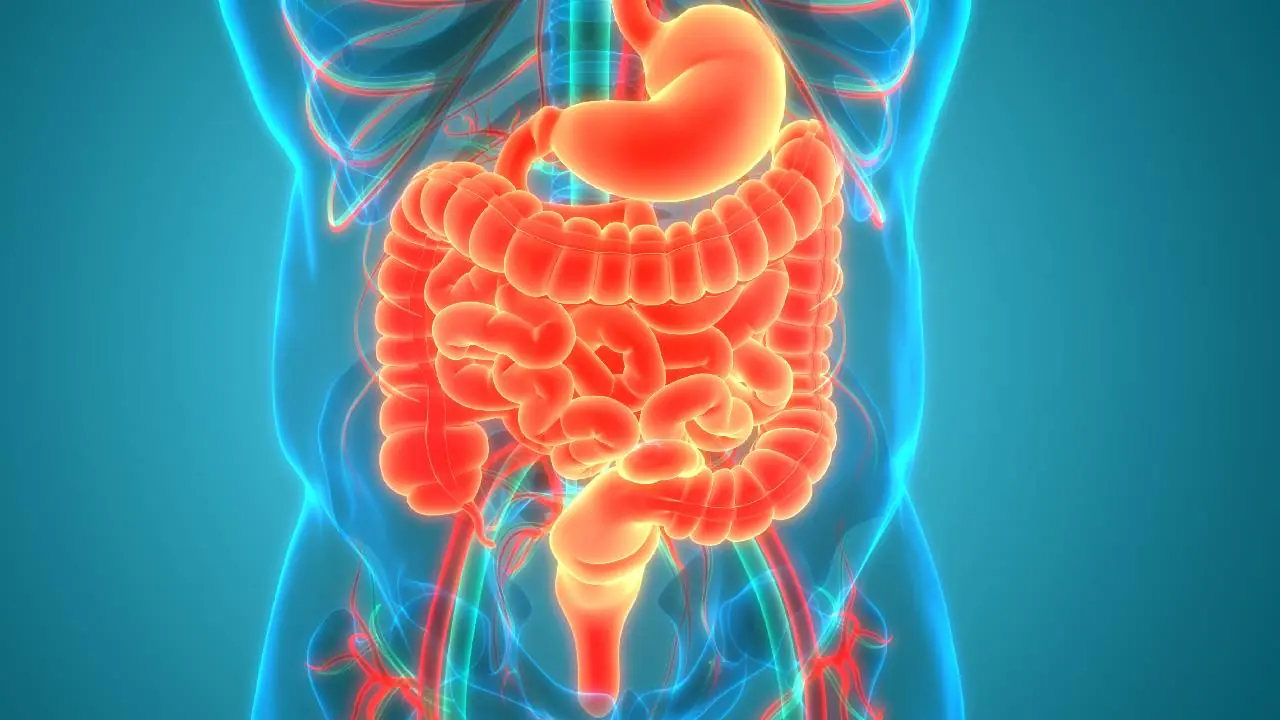
7 Warning Signs of Diverticulitis Most Doctors Miss
![Are You Being Misled About What Your Blood Pressure Should Be? [READ THIS CAREFULLY]](https://onplusnewscom.8cache.com/onplusnewscom/images/2025/10/25/1761400387Ii4TCVIhQj.webp)
Are You Being Misled About What Your Blood Pressure Should Be? [READ THIS CAREFULLY]
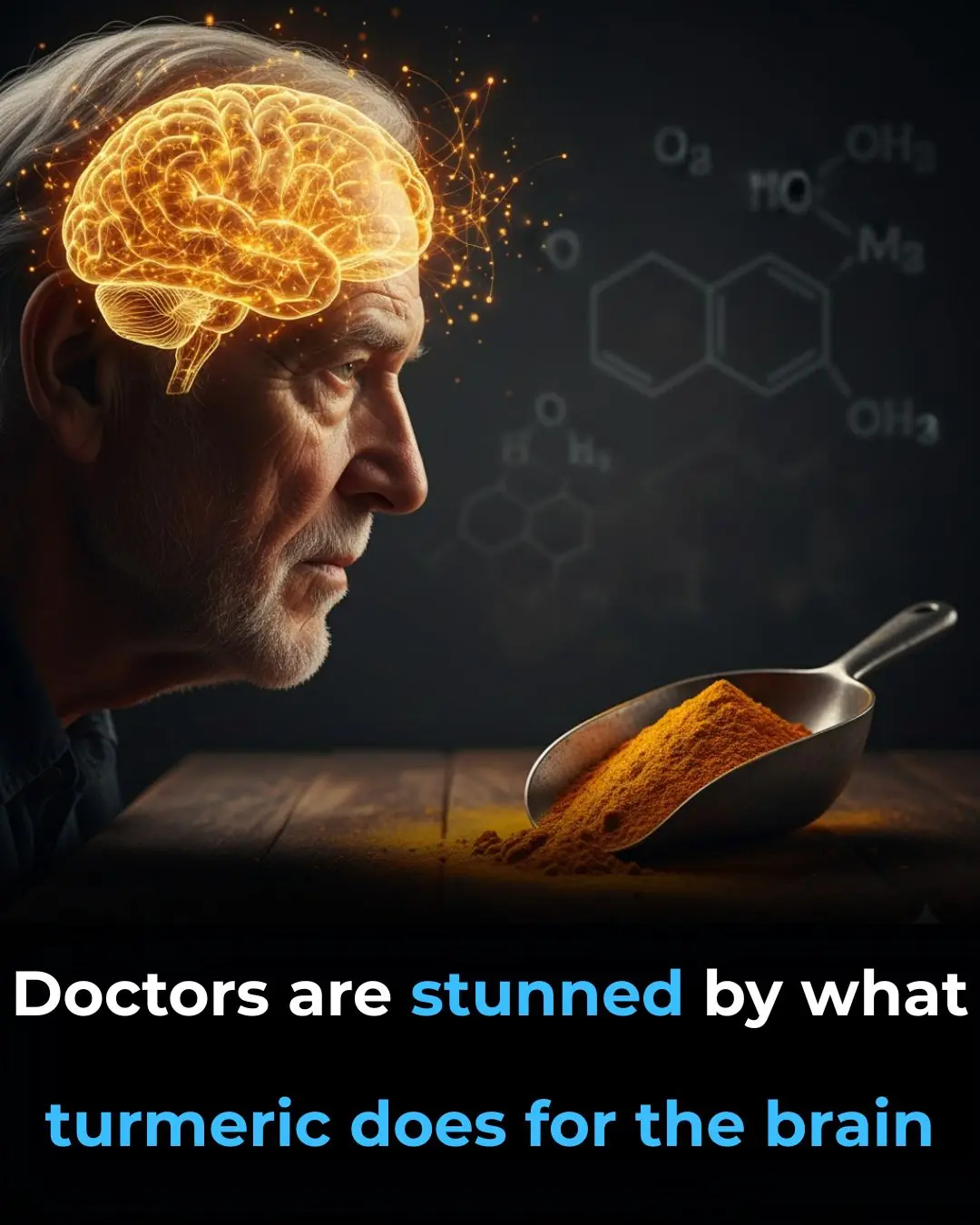
Medicinal Health Benefits of Turmeric, Curcumin and Turmeric Tea Based on Science

The Best Foods to Cleanse and Prevent Clogged Arteries

Capsaicin Stops Heart Attacks And Destroys Cancer Cells
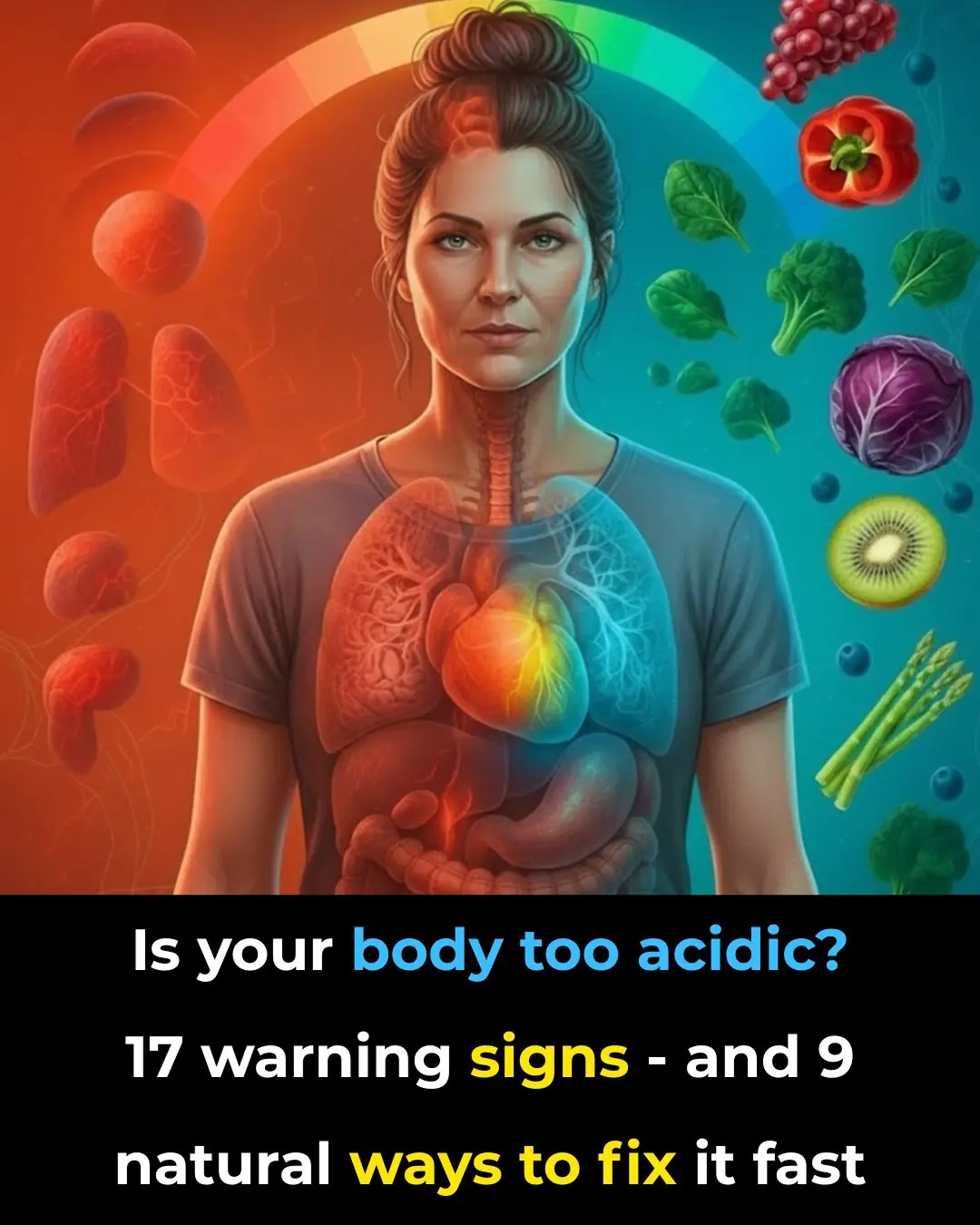
17 Signs Your Body Is Too Acidic And 9 Ways To Quickly Alkalize It
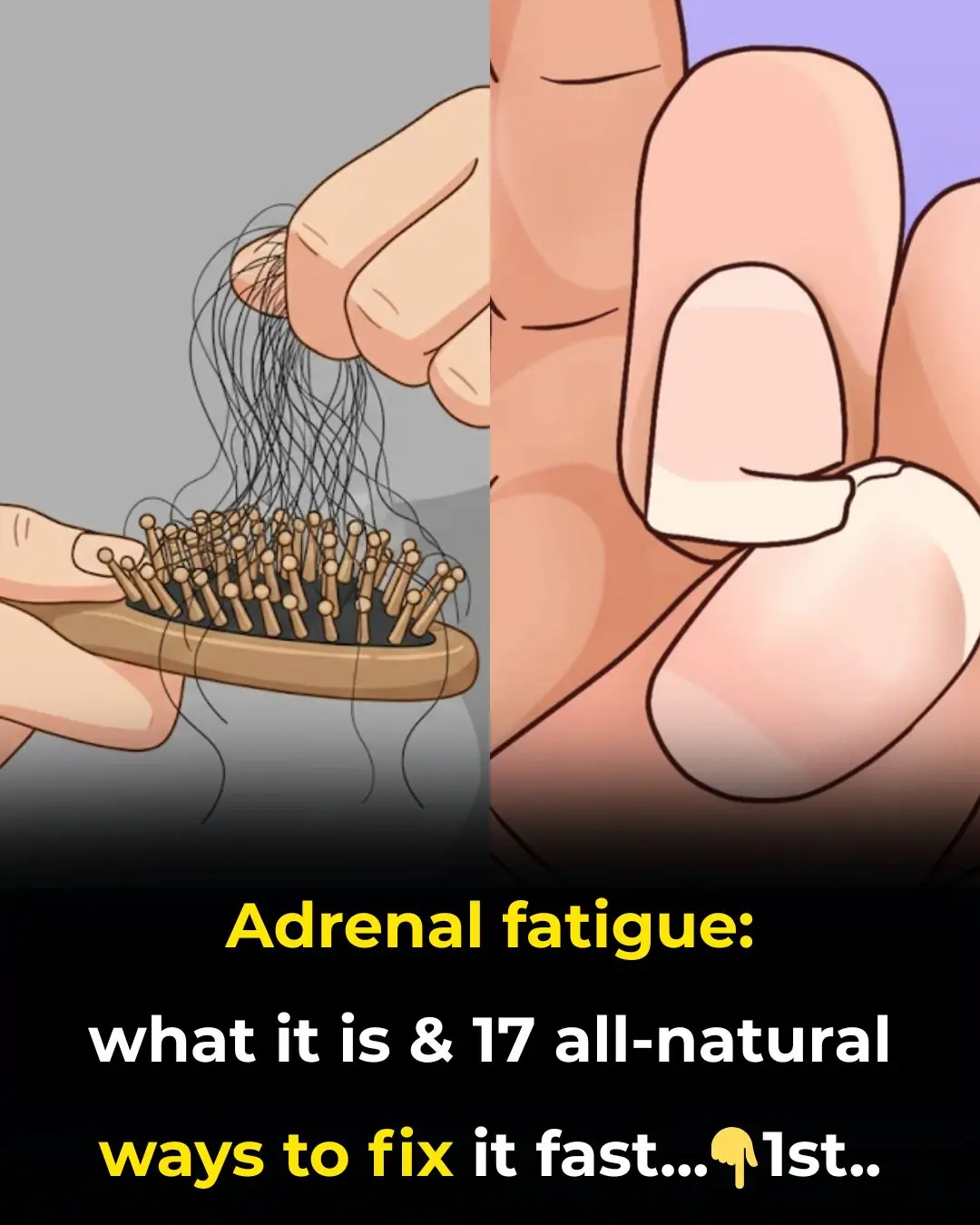
Adrenal fatigue: what it is and 17 all-natural ways to fix it fast

Colon Cleansing With Kefir and Flaxseed Meal
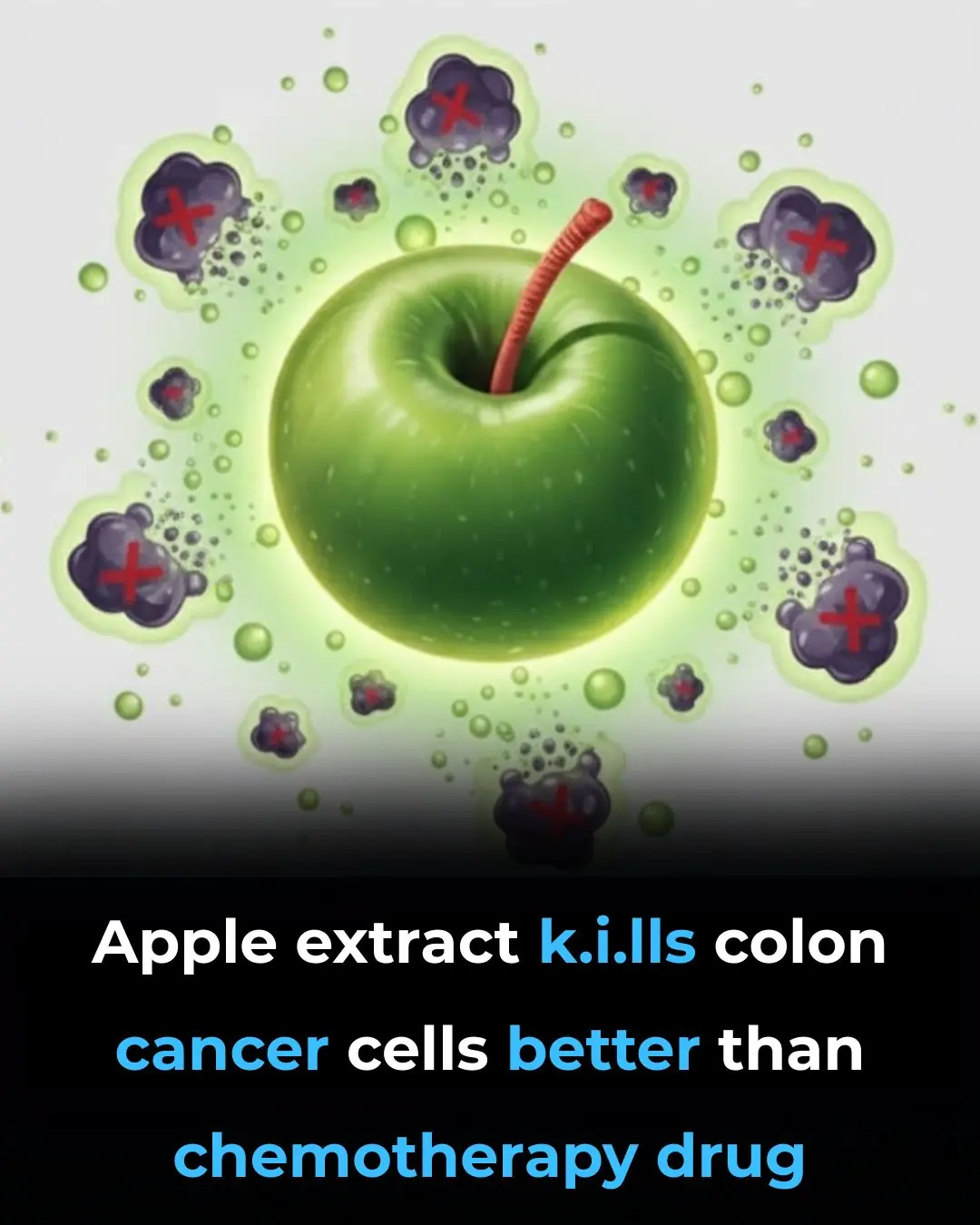
Apple extract kills colon cancer cells better than chemotherapy drug
News Post

Angel the Traveling Cat Launches Global Campaign: “We Are Not Baggage, We Are Living Beings”

The Tie of Humanity: When a Simple Gesture Bridges Two Lives

A Lesson in Compassion: How One Encounter Changed My Perspective

“Yes, I Want Her”: A Mother’s Powerful Response and a Daughter’s Journey of Belonging

Robert Redford and the Lessons of the Horse Whisperer.

Heroes in the Flames: The Firefighters Who Saved More Than Lives.

When Hopscotch Became a Miracle.

The Puppies in the Box: A Story of Rescue and Second Chances.

When Rescue Becomes Family: The Story of Baby Joy and KT.

A Mother’s Worst Fear—and a Community’s Relief.

How to Get Rid of Constipation: The Best Home Remedies That Really Work

If mice appear in the house, it means that...

7 Common Health Issues That Keep Appearing Could Be Early Warning Signs of Cancer
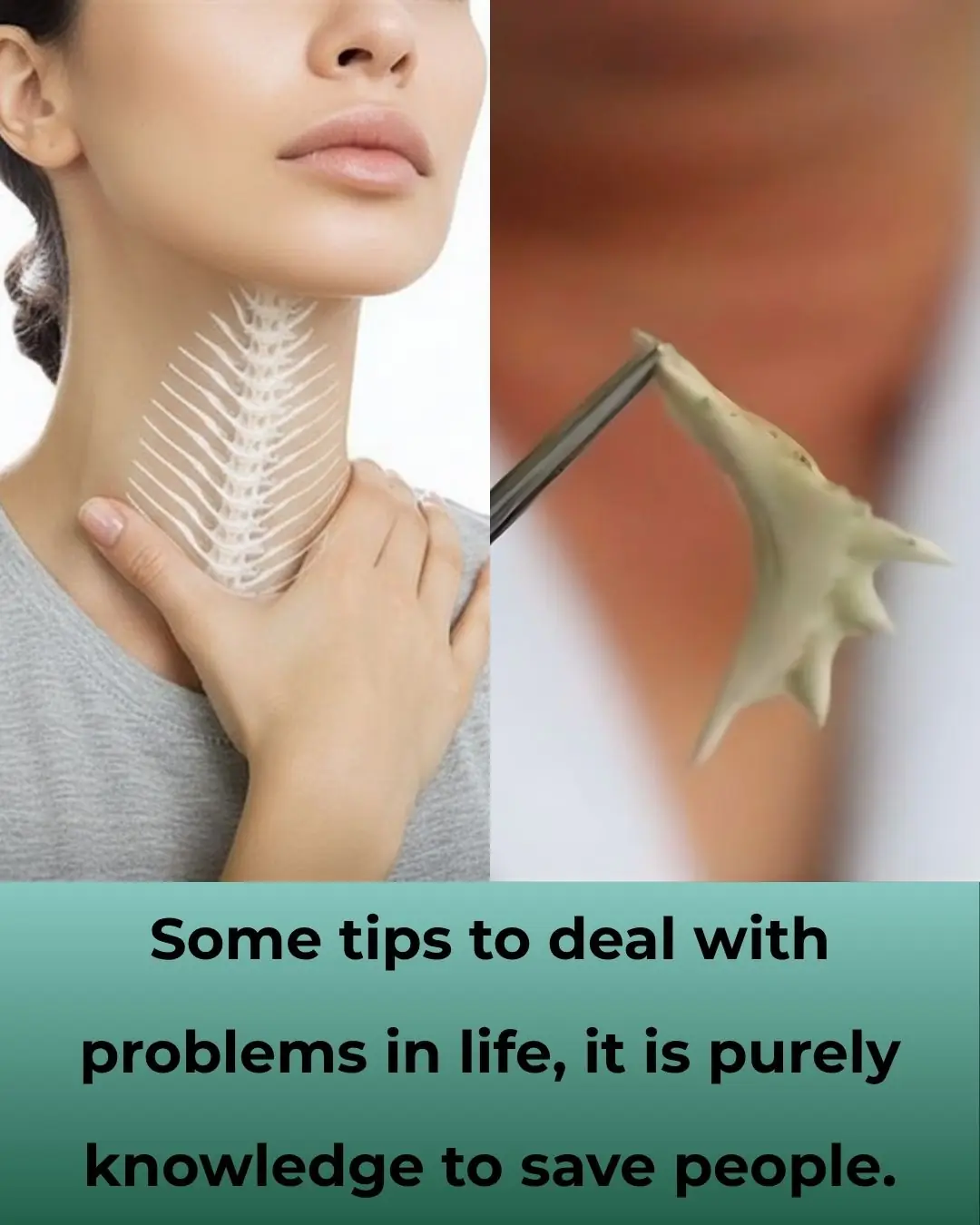
Small Life Hacks That Can Be Life-Saving
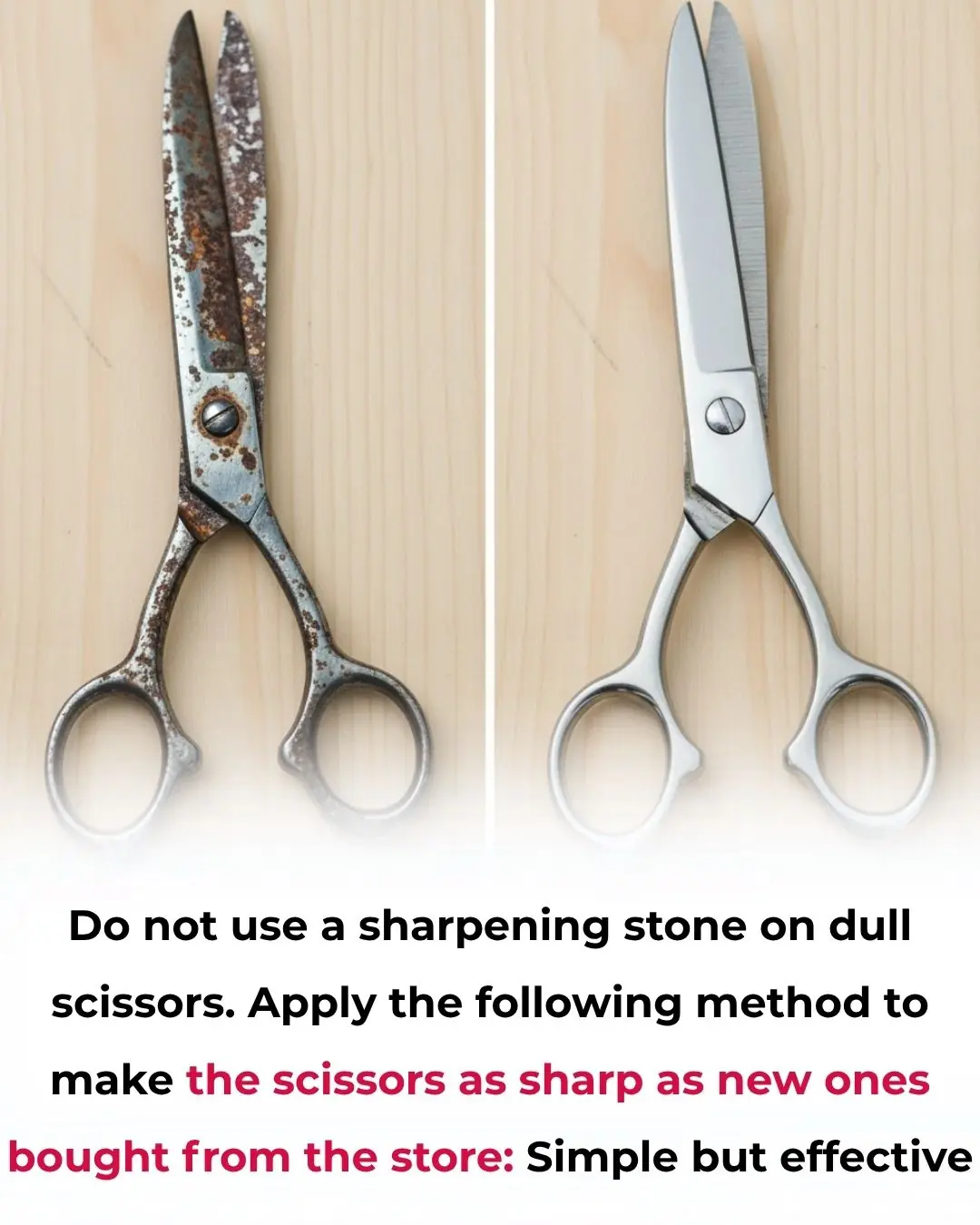
How to Sharpen Dull Scissors Without a Sharpening Stone: Simple and Effective Method

The Best Scientifically Proven Foods to Cleanse Your Liver

Flush the toxins silently damaging your kidneys — with these 13 powerful cleansing foods

The Best Natural Gout Treatments: Remove Uric Acid Crystallization To Prevent Gout And Joint Pain

4 things your hands could be telling you about the health of your kidneys
